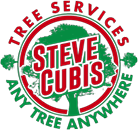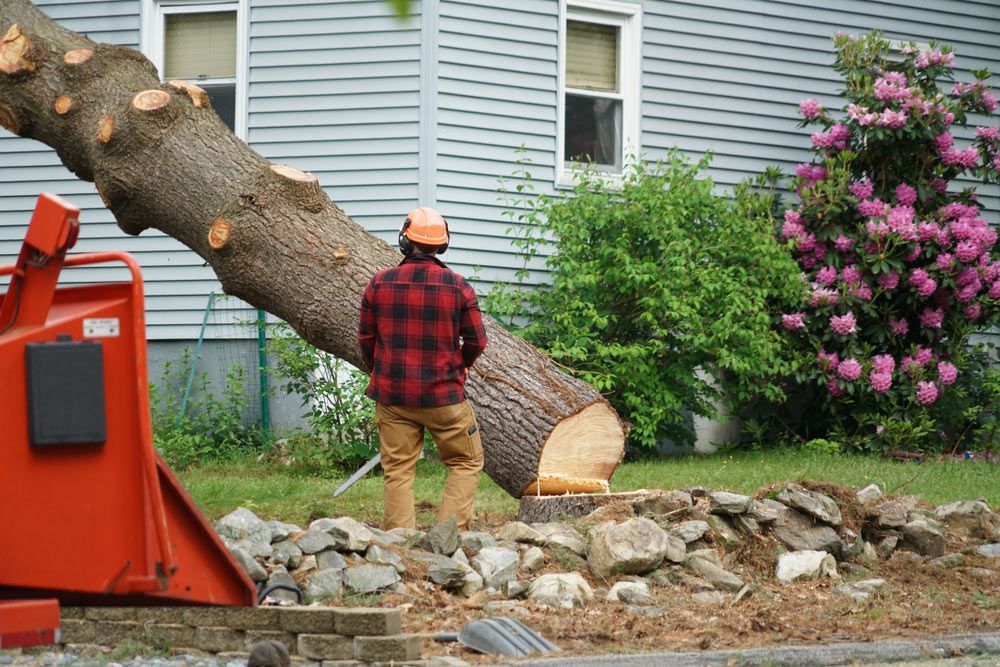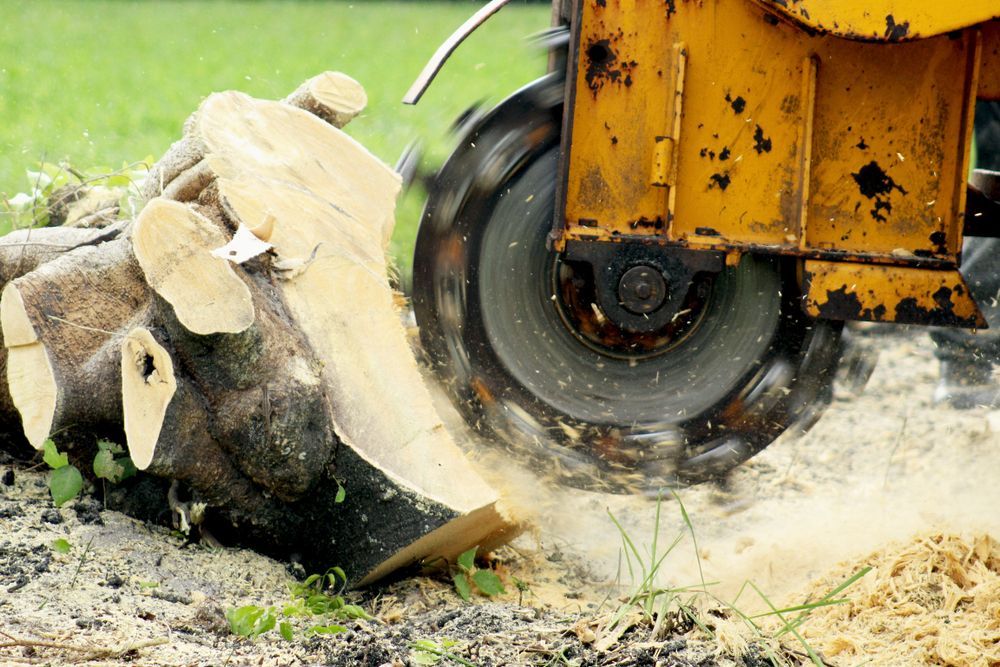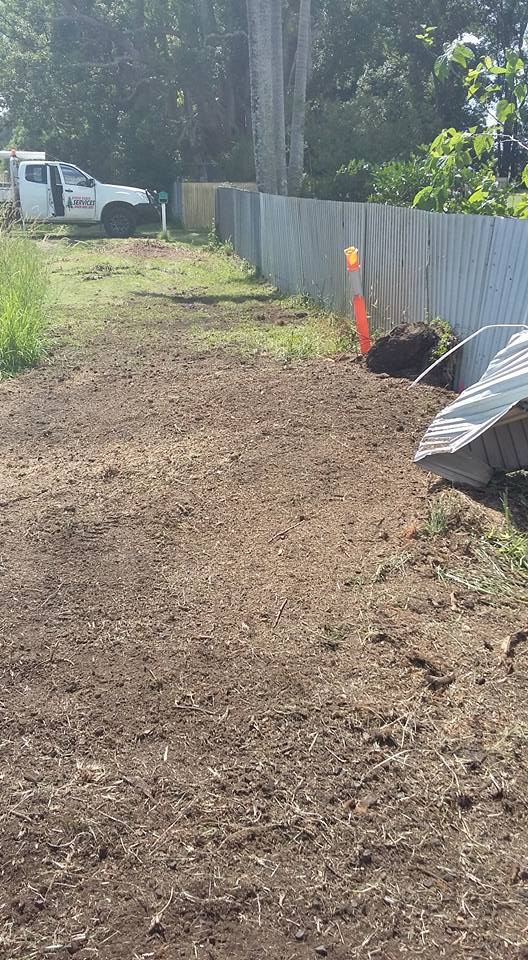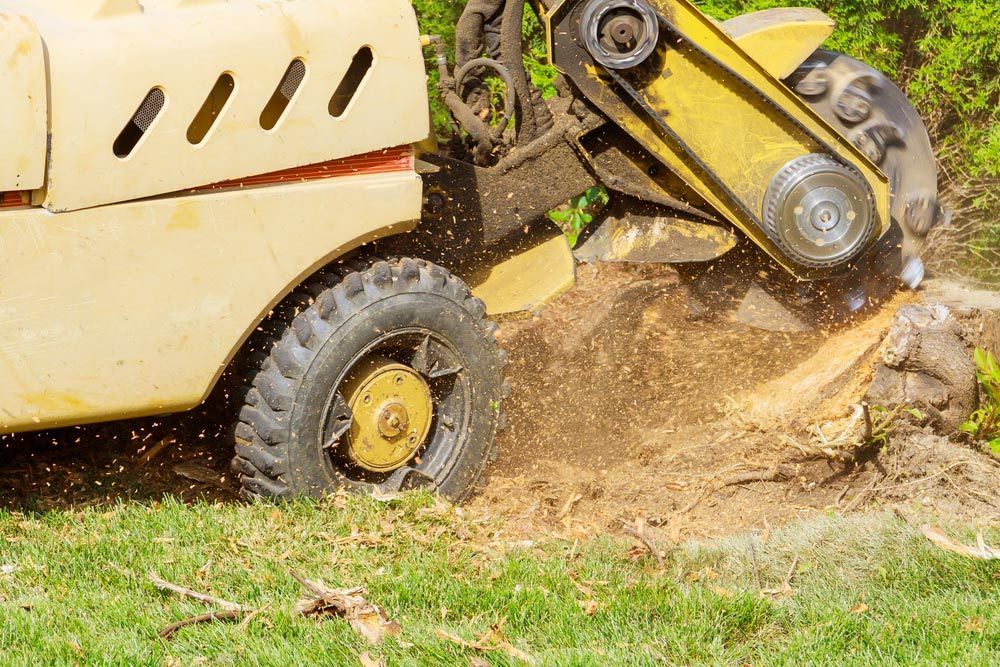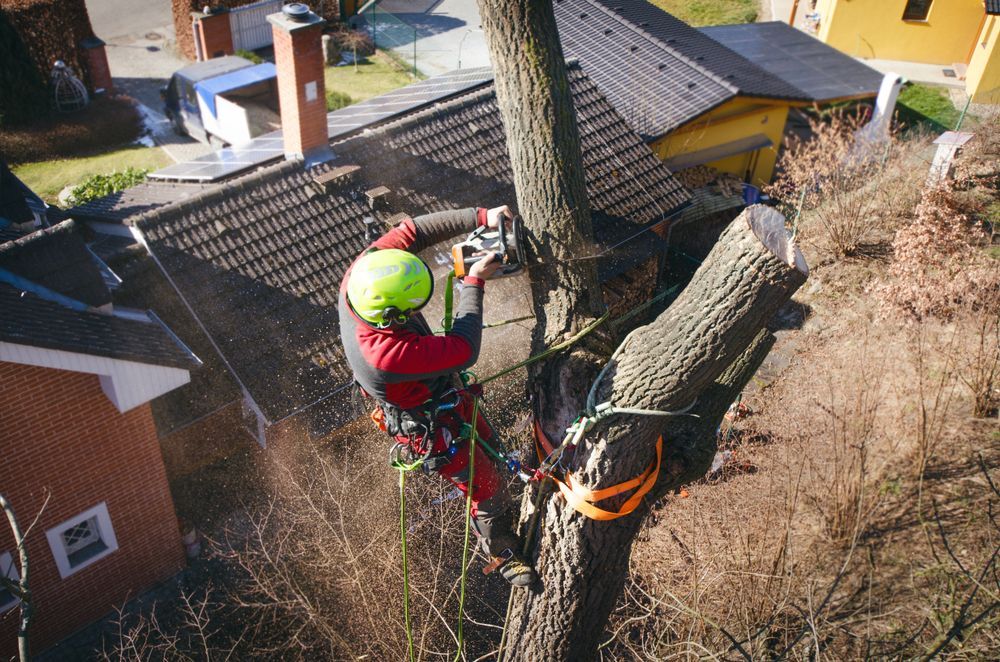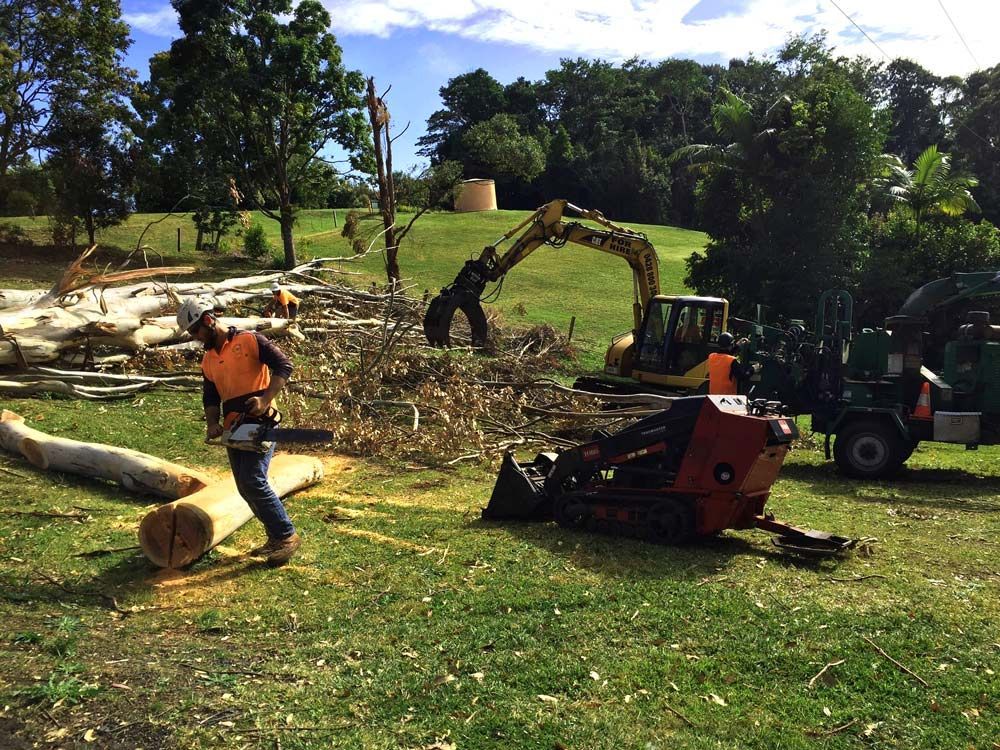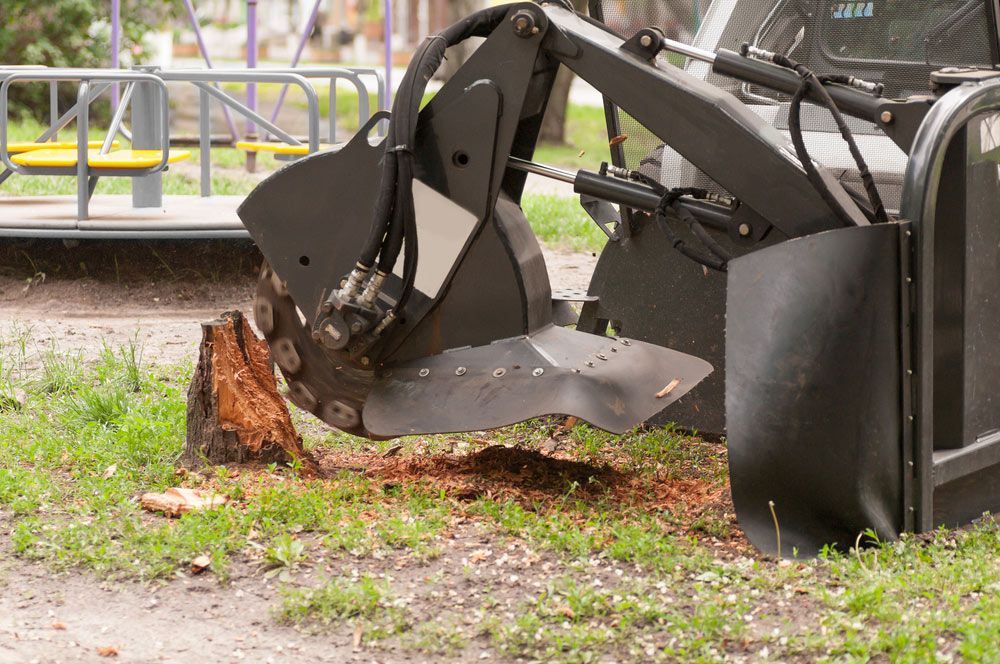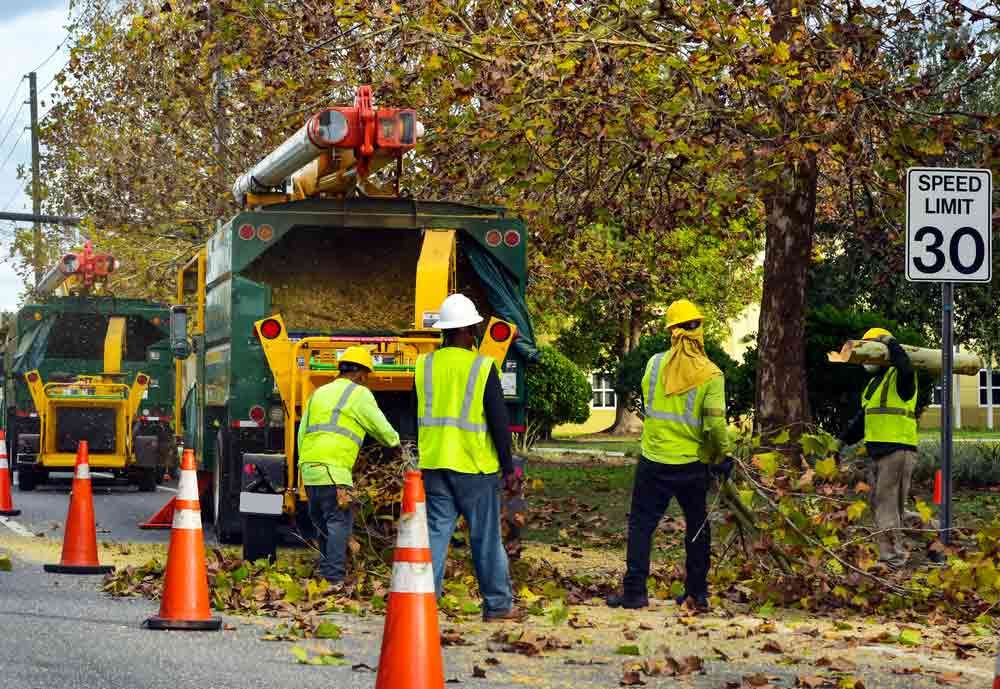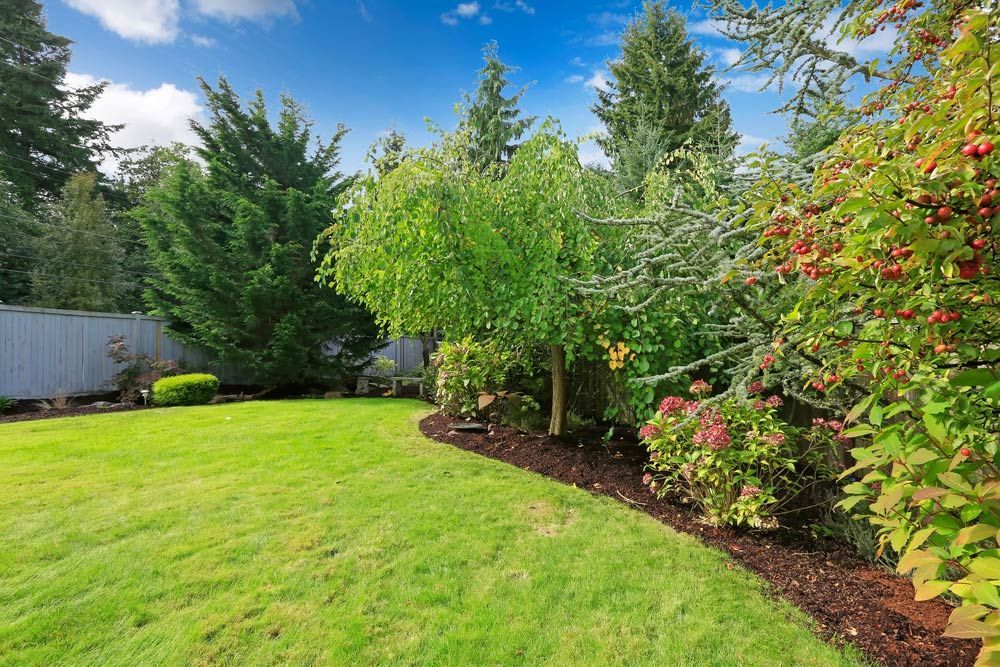View Our Blog
Organic vs Inorganic Mulch
October 16, 2018 | Posted by Jake Cubis | in Lismore Mulch Supplies
Gardeners and landscapers would all agree that mulching is one of the best things anyone can do for their gardens. Not only can it suppress the growth of those pesky weeds, but mulch can also add nutrients to the soil and insulate your plants.
Different types of mulches can be applied to your landscape depending on the plant, the climate, and its purpose.
Keep reading to learn more about which types of mulch will work best for your garden.
Types of Mulch
Mulch can be classified into two: organic and inorganic. Organic mulches are derived from living things, which include chopped leaves, compost, and wood chips. On the other hand, inorganic mulches range from rocks and gravel, to landscape fabric and plastic sheeting. Using either mulches has its own benefits and drawbacks. This article will explain the virtues and shortcomings of organic and inorganic mulching, which will help you in choosing the perfect mulch for your gardening and landscaping needs.
City skyline
Organic Mulch
Organic mulch is the talk of the town when it comes to, well, mulching. As a matter of fact, the benefits of using organic mulch far exceed those that inorganic mulch gives. Since organic mulches are made from matter that decomposes in time, these decaying materials release nutrients to the soil. As a result, it improves the soil’s quality and structure.
Organic mulches also aid in the distribution of nutrients in the roots of the plants. In addition, they nurture useful soil organisms, such as fungi and worms, which help in regulating a variety of plant pests and unwanted bacteria. When used in the winter season, organic mulch prevents the plant from being pushed out of the soil. Aside from its accessibility and function, organic mulch is relatively cheap compared to inorganic mulch.
However, there’s a downside in using organic mulch. For instance, using low-nitrogen materials like sawdust and wood chips as components to your mulch will result to nitrogen depletion in your soil. To overcome this, it is recommended to increase the nitrogen levels in soil by fertilising it with fish meal prior to mulching.
In damp and humid climates, organic mulches can shelter slugs and snails. Since these will chomp on nearby plants, it is suggested to control the amount of mulch you apply in plants that are susceptible to slugs and snails. Using compost in organic mulches also attract termites and bugs.
How to Get the Best Results from Organic Mulch
There are different types of organic mulches that you can use in your plants. To achieve optimum results, each material should only be applied to specific plant types. For instance, grass clippings are ideal for annual flower beds and vegetable gardens. In using grass clippings, spread thin layers of it across the soil and allow them to dry before adding the succeeding layers.
Another example is shredded hardwood and softwood barks. These are byproducts of lumber and paper industries, and are used to combat weeds and for decorative purposes. The barks are recommended for perennial flower beds, roses, trees, and shrubs. Organic mulch is also better to use as a maintenance for your plants and trees on winter.
Inorganic Mulch
While it may not facilitate a dynamic nutrient action between the roots and the soil like organic mulch, inorganic mulch has a few tricks rolled up on its sleeves. For one, they offer the best insulation. Materials like rubber tire, plastic sheets, and gravel maintain the warm temperature in the soil; thereby, prolonging the growth season of the plant.
Unlike organic mulch that attracts insects, mold, and other bacteria, inorganic mulch is the complete opposite. In fact, this type of mulch does not decompose nor degrade, which eliminates the need to be replaced every now and then. This considerably saves time and money on your end. And because of its non-decaying property, inorganic mulch does not drain the nitrogen levels in the soil.
However, inorganic mulches do not add nutrients to the soil nor enhance the soil structure because of the chemicals present in the materials. The disposal of plastic sheets also creates a problem since there are only a few recycling facilities that accept them. Moreover, too much heat retained by the plastic sheet or the gravel could do more harm than good in plants that cannot thrive in warmer and drier environments.
How to Get the Best Results from Inorganic Mulch
As with organic mulch, there are numerous materials that you can use for inorganic mulching. An example would be polyethylene plastic film. Its impermeability allows it to be a good addition to vegetable rows, especially during spring. But since the plastic film degrades upon exposure to sunlight, this material is good for one use only.
Another example of inorganic mulches are stones. These include volcanic rocks, marble chips, and crushed gravel. These do not maintain moisture and can cause heat stress on certain plants, which is why stones are ideal for trees and shrubs.
Organic vs Inorganic Mulches: Which Type is the Best Option?
If forced to choose which one is better than the other, organic and inorganic mulches are on equal footing. The perfect landscape or garden mulch for you is the one that corresponds to your needs. For instance, vegetable patches that grow squash and eggplants will benefit more from inorganic mulches. This type of mulch keeps the temperature high and concentrate the carbon dioxide near the roots of the plants. But for strawberries and other plants, organic mulch is the way to go.
Want to Learn more About Mulch?
Still undecided on which type of mulch is best for your vegetable and flower gardens? Lismore Tree Services is happy to provide landscaping, gardening advice and how to keep your trees and plants healthy the whole year.
As one of the leading and trusted specialists in tree services on the Lismore and Northern Rivers area, we only employ the latest arboriculture practices, and utilise quality Lismore Mulch Supplies and state of the art equipment in providing safe, reliable, and efficient tree services.
Contact us today on 02 6621 8801 for a FREE, no obligation quote!
